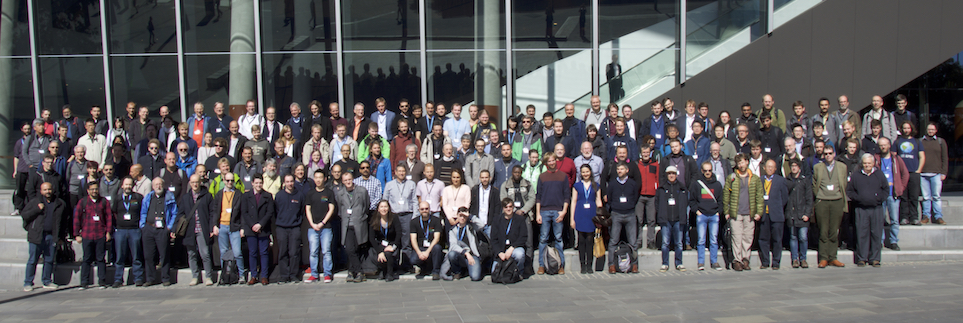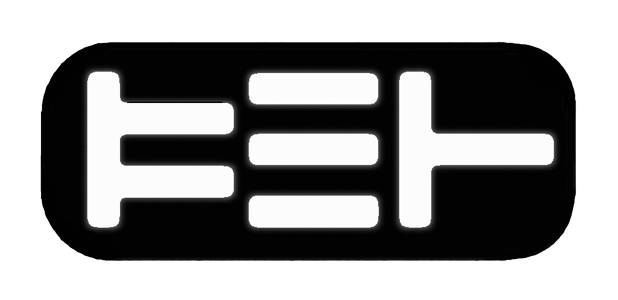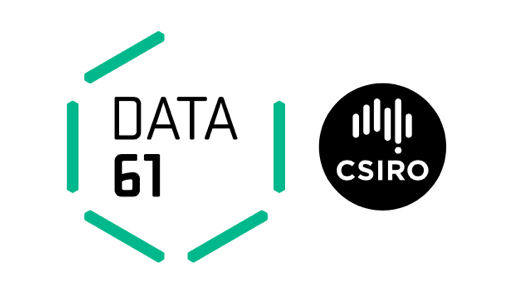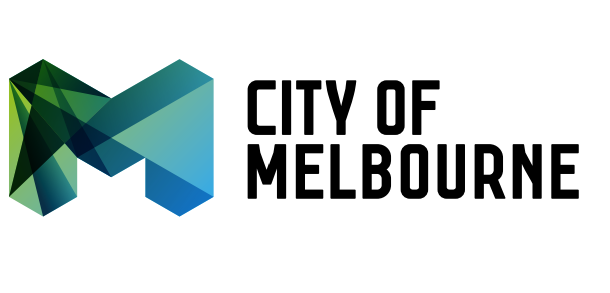Welcome
The International Conference on Theory and Applications of Satisfiability Testing took place in Melbourne, Australia alongside CP 2017 and ICLP 2017 from August 28th to September 1st, 2017 which was the week immediately following IJCAI 2017.
The International Conference on Theory and Applications of Satisfiability Testing (SAT) is the premier annual meeting for researchers focusing on the theory and applications of the propositional satisfiability problem, broadly construed. Aside from plain propositional satisfiability, the scope of the meeting includes Boolean optimization (including MaxSAT and Pseudo-Boolean (PB) constraints), Quantified Boolean Formulas (QBF), Satisfiability Modulo Theories (SMT), and Constraint Programming (CP) for problems with clear connections to Boolean-level reasoning. Many hard combinatorial problems can be tackled using SAT-based techniques, including problems that arise in Formal Verification, Artificial Intelligence, Operations Research, Computational Biology, Cryptology, Data Mining, Machine Learning, Mathematics, etc. Indeed, the theoretical and practical advances in SAT research over the past twenty years have contributed to making SAT technology an indispensable tool in a variety of domains. SAT 2017 welcomed contributions addressing different aspects of SAT interpreted in a broad sense, including (but not restricted to) theoretical advances (including exact algorithms, proof complexity, and other complexity issues), practical search algorithms, knowledge compilation, implementation-level details of SAT solvers and SAT-based systems, problem encodings and reformulations, applications (including both novel applications domains and improvements to existing approaches), as well as case studies and reports on findings based on rigorous experimentation.














